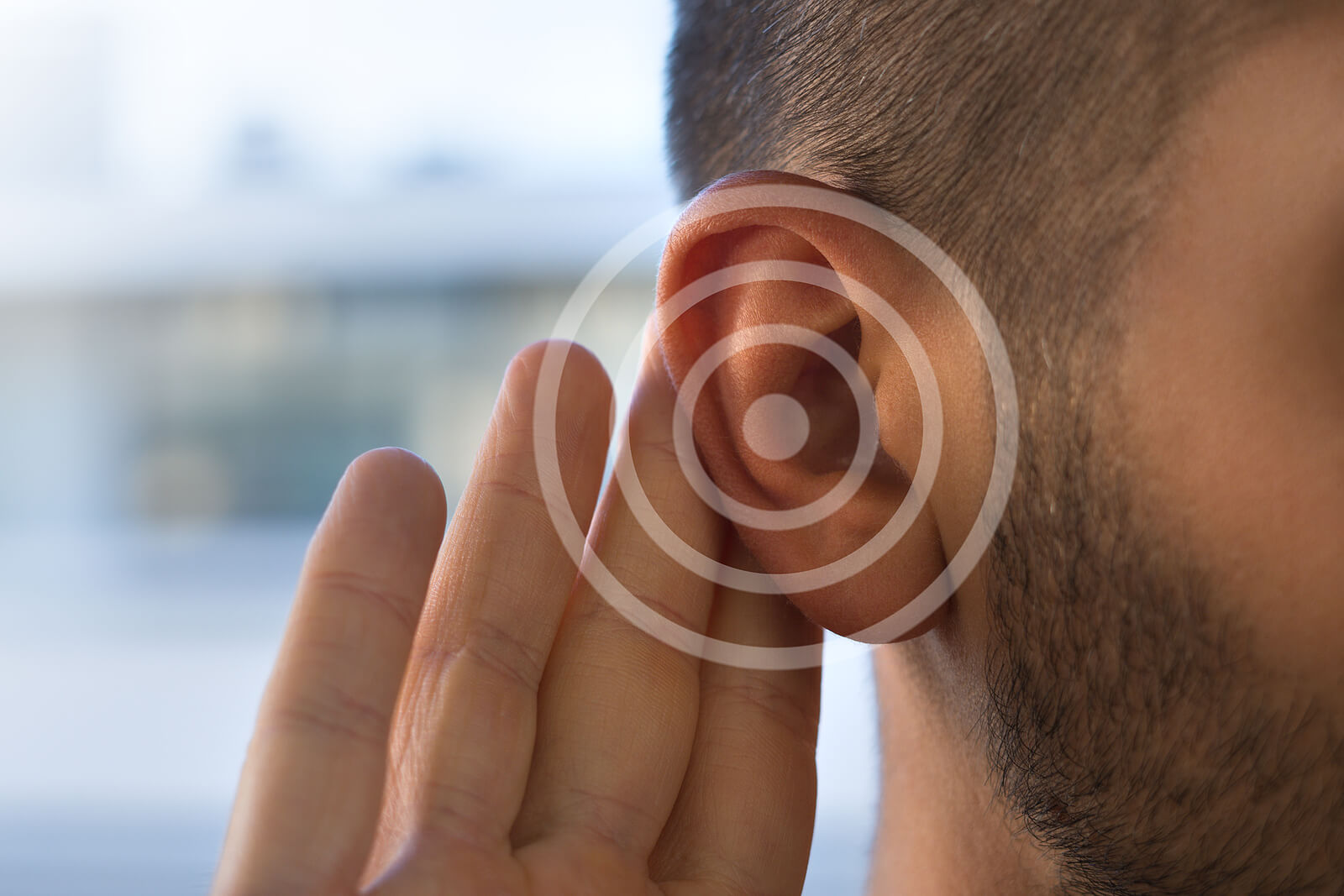How to Find Peace with Persistent Ringing

Imagine sitting in a quiet room, trying to relax, but there’s a constant ringing in your ears. This is called tinnitus, an issue that many people face. It’s not just an occasional nuisance; for some, it’s an uninvited guest that never leaves. While tinnitus doesn’t have a one-size-fits-all solution, finding peace and managing the noise is possible.
Many factors, like hearing loss or exposure to loud noises, can lead to persistent ringing. This post highlights practical steps to reduce the impact of tinnitus and improve overall well-being.
Understanding the Cause of Ringing
Tinnitus, or ringing in the ears, often stems from damage to the auditory system. The delicate hair cells in the inner ear can become damaged from prolonged exposure to loud sounds. This damage might cause the brain to misinterpret signals, resulting in the perception of sound that isn’t there.
Hearing loss is a significant contributor to tinnitus. Those with hearing loss may notice the ringing more because external sounds aren’t as loud. A hearing health exam will help to identify underlying issues and open up treatment options to manage the condition better.
Stress Management as a Form of Relief
Stress and anxiety can make tinnitus worse. When the mind is under pressure, the ringing can feel louder and more intrusive. That’s why learning to manage stress is fundamental to finding peace with tinnitus. Simple relaxation techniques like meditation, deep breathing exercises, and mindfulness can help reduce stress levels.
By focusing on the present moment, these methods can calm the mind and help distract from the persistent ringing. Exercise also promotes stress relief by releasing endorphins, the body’s natural mood boosters. Staying physically active not only benefits the body but also helps quiet the mind and make the tinnitus less overwhelming.
Hearing Aids and Amplification
For many dealing with hearing loss and tinnitus, hearing aids can be a game changer. Modern hearing aids don’t just amplify external sounds; they also come with features specifically designed for tinnitus relief. Scheduling a hearing health exam can determine if hearing aids are a good option. These devices can greatly improve both hearing and the experience of tinnitus, offering relief that may not be possible through other methods.
Diet and Lifestyle Adjustments
Certain lifestyle choices may help reduce the intensity of tinnitus. Caffeine, nicotine, and alcohol have been known to make the ringing worse for some. Cutting back on these substances or eliminating them can offer noticeable relief.
Maintaining a healthy diet with foods rich in antioxidants can support ear health as well. Staying hydrated and avoiding high sodium intake may help some individuals experience fewer spikes in their tinnitus. Small, conscious choices in daily habits can make a big difference over time.
Regular Hearing Health Exams
A key component to managing tinnitus is keeping track of hearing health. Regular hearing health exams not only check for changes in hearing but also offer a chance to discuss any changes in tinnitus with a hearing health professional. These check-ups provide an opportunity to explore new treatment options and adjust current strategies for coping with the condition.
Hearing health exams offer valuable insight into the overall condition of the auditory system. Staying proactive with exams ensures any new issues are caught early, helping to maintain better long-term hearing health.
